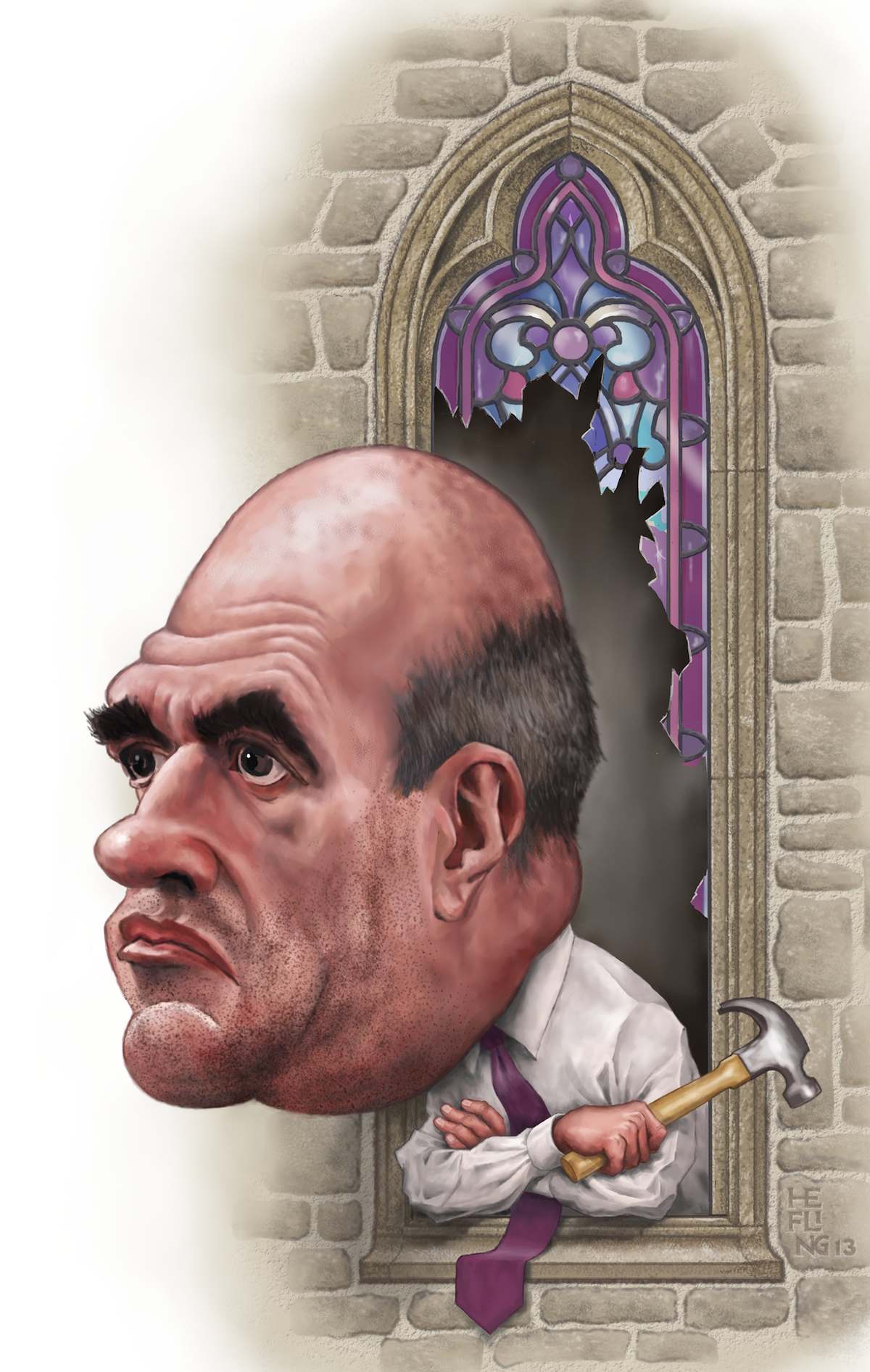
‘About the inner sanctum of the self’
Tóibín’s prose style has been described as “daring and precise,” “austere,” “lyrical,” “reticent,” and even “monkish.”
More
Tóibín’s prose style has been described as “daring and precise,” “austere,” “lyrical,” “reticent,” and even “monkish.”
More
CONSIDERING his impact upon American underground cinema, it is surprising that Andy Warhol is still known far more for his silk-screens than for his celluloid. As author and art history professor Douglas Crimp points out in his elegant and smart new book on some of Warhol’s key cinematic works, Warhol was hugely prolific, having made more than 100 films and almost 500 film portraits …
More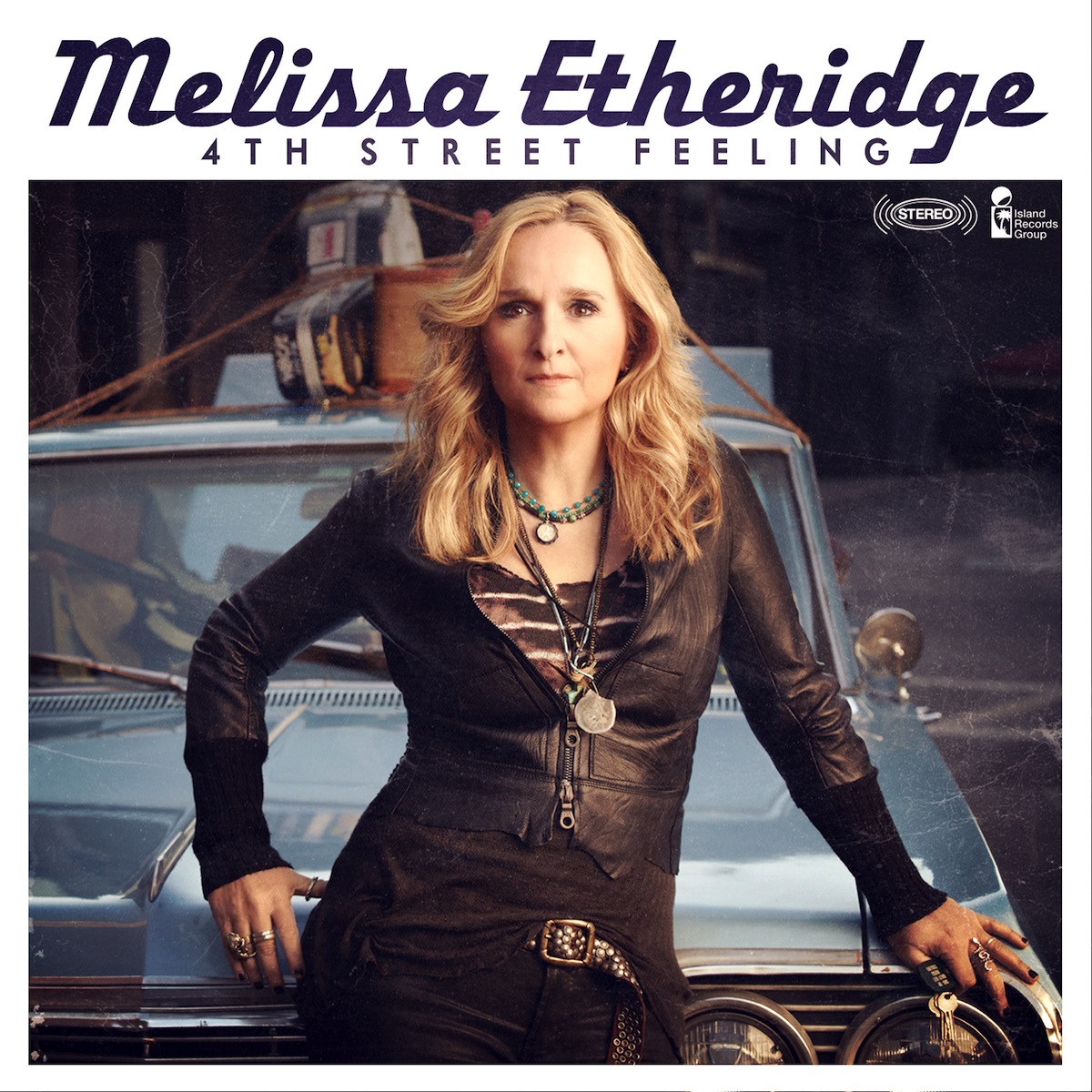
The anthems of Yes I Am still verge on the overblown, which is why 4th Street Feeling strikes the right chord by hitting the brakes just a bit. With the help of producers Jacquire King (Kings of Leon, Norah Jones) and Steve Booker (Duffy), Etheridge plays all the guitars without overpowering the production.
MoreReader’s opinions
More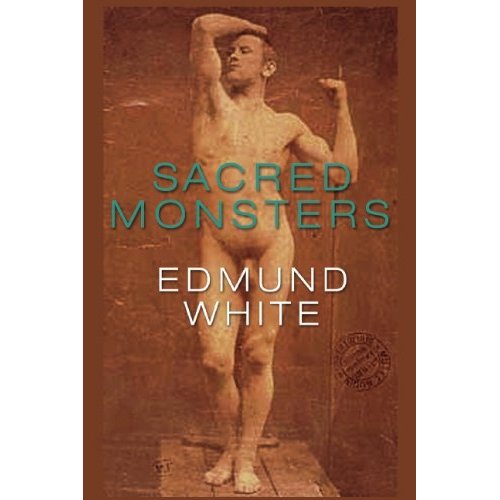
Michael Ehrhardt talks with Edmund White, the author of two new books
More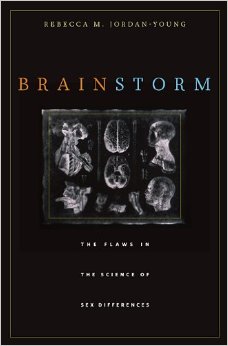
CRYSTAL WAS WORRIED that she had male orgasms. So she came in to the Disorders of Sex Development (DSD) Clinic three years ago for a consultation with a phalanx of specialists: a urologist, a geneticist, an endocrinologist, and me, the psychiatric consultant.
More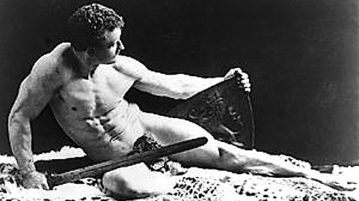
THE ANNALS of gay history are littered with examples of men in the public eye who have successfully hidden their gay lives from view. … Eugen Sandow was, for a short time, an exception to the rule. He was internationally known as the apotheosis of male beauty and the most perfectly formed man on the planet. Little remembered today, Sandow was the father of modern bodybuilding-and, for a short time at least, he was open about his sexuality
MoreIT WASN’T until my fifties, after trying out the whole supermarket of therapies out there-psychoanalysis, group therapy, Reichian therapy, the Alexander Technique, Rolfing, bio-energetics, primal therapy-that I finally clicked with yoga.
MoreThe following article provides an update to a “Guest Opinion” piece that I contributed to the January–February 2006 issue of this magazine. It is also my addition to the series of articles published under the heading “Gay Rights in the Age of Obama” in the March–April 2010 issue.
MoreFOR MOST OF US who have ever traveled to East Asia, the trip involves a several-hour flight across the Pacific. For Lucy Horne, her first excursion to Japan took her a full two weeks. She traveled by train. “Denmark to Warsaw, Moscow, Vladivostok,” she tells me the afternoon we meet. “And then over to Japan. I don’t like plane travel. You miss what’s in between. I wanted to know what was in between.”
More